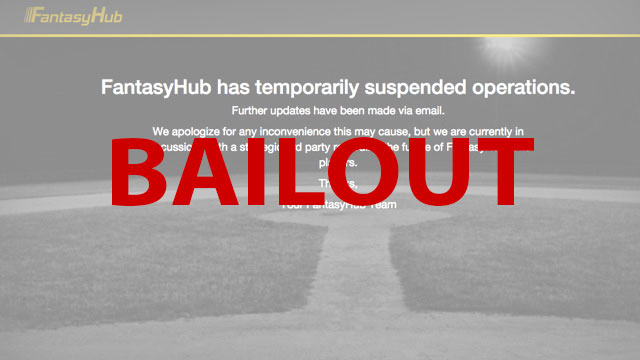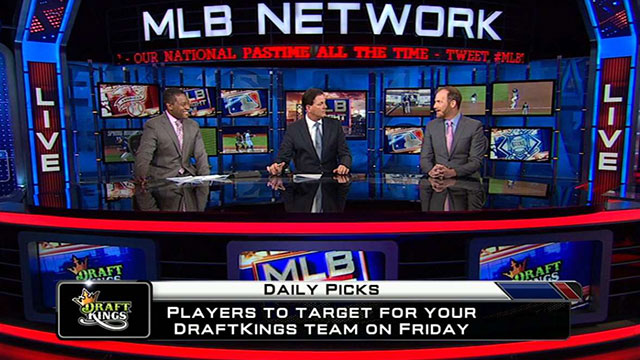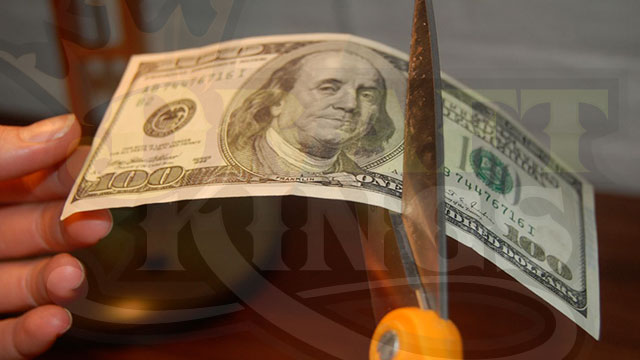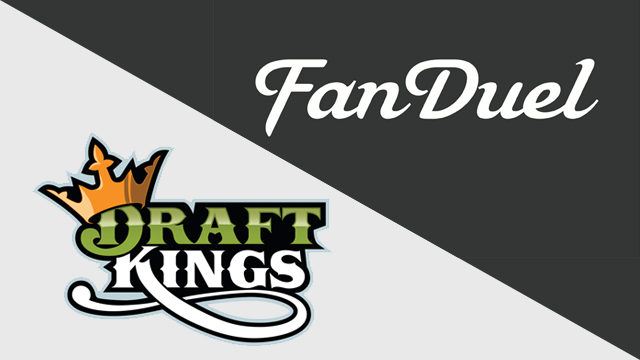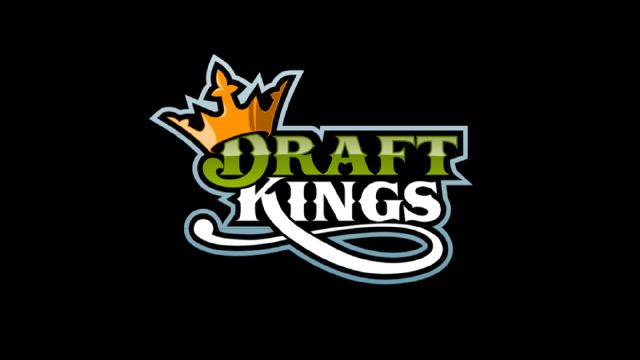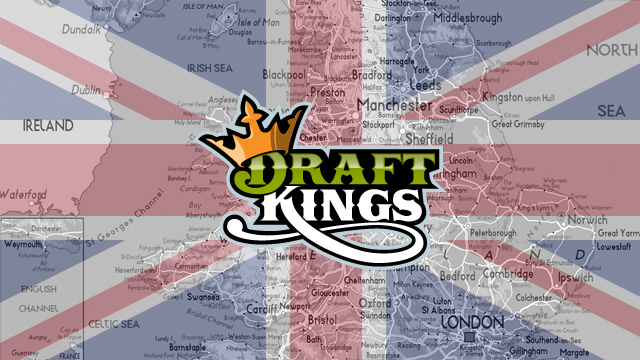After three weeks without access to their money, players from FantasyHub will have their balances restored, thanks to a bail-out deal from DraftKings.
The daily fantasy sports industry co-leader, DraftKings announced Thursday night it would take on FantasyHub’s obligations to both players and charities, a sum of a “few hundred thousand dollars,” according to ESPN’s David Purdum, who broke the story.
“This is not an acquisition deal or an asset purchase deal,” DraftKings co-founder Matt Kalish told ESPN. “This is a very simple deal, where we’re assigning two liabilities from [FantasyHub] over to DraftKings in an effort to do the right thing for their player base, which has a nearly 80 percent overlap with our own. We never want to see our player base go through an experience that’s negative like this. What happened here was reprehensible. It is a breach of trust for these players and we share a lot of these players with them. We just didn’t think it was the right thing to do to sit on the sideline and let that happen. We had the ability to step up and do something.”
FantasyHub, a smaller site founded in Louisville, Ky., and based in Austin, suspended operations on Feb. 19, leaving players with no way to access their funds. Deepening the scandal, anecdotal reports surfaced that FantasyHub hadn’t paid some of the charities that players were told a portion of their winnings and deposits were going to.
DraftKings contacted FantasyHub players via email Thursday night with a notification that they can now withdraw or transfer balances through a page on DraftKings’ website.
FantasyHub is the second site to shut down in 2016 without immediately paying out its players. In January, FantasyUp dissolved, saying it did “not have the funds needed to process the withdrawals to all customers.” The company was later acquired by iTEAM Network, which restored player balances and relaunched the site.
AROUND THE WEB
- March Madness is a bloodbath for DFS rookies.
- Failure of the Seminole gambling deal in Florida could have far-reaching consequences for the state.
- New bill that would regulate and tax DFS in Rhode Island unveiled.
- Mississippi, Tennessee and Vermont could be the next to pass a fantasy sports law; while the outlook in California has grown much more uncertain in recent weeks.
- DraftKings is adding UEFA Europa and Liga Mexicana to its soccer offerings.
- A Q&A with the managing director of Tipstrr, which is being billed as a proving ground for touts.
- Duke blew a 16-point second-half lead in a loss to Notre Dame.
- A recap of Day 2 of the NFL free agency season.
LOOK WHO’S TALKING
“Jose Fernandez is a great example. Jose Fernandez will strike you out and stare you down into the dugout and pump his fist. And if you hit a homer and pimp it? He doesn’t care. Because you got him. That’s part of the game. … If a guy pumps his fist at me on the mound, I’m going to go, ‘Yeah, you got me. Good for you. Hopefully I get you next time.’ That’s what makes the game fun.” —Bryce Harper on tearing down baseball’s unwritten rules in a wide-ranging profile by ESPN The Magazine.
TWEETS OF NOTE
At one point, Duke was -3,000 on the live moneyline at 5Dimes.
— Sports Insights (@SportsInsights) March 10, 2016
ODDS & ENDS
- Whatever your perspective, it was an all around great day for baseball quotes. In addition to Harper’s candid thoughts on the state of the game, we were gifted with Goose Gossage deciding to go in on Jose Bautista and “nerds” in a profanity-filled rant.
- Some odds and prop bets have been posted for next month’s Manny Pacquiao/Timothy Bradley fight.
- DraftKings CEO Jason Robins will make an appearance at South by Southwest next week in Austin.
- At least three NFL GMs have crossed Brent Grimes off their list of possible signings, due to his outspoken wife.
- Bettors took a brutal loss/miraculous win in the Oklahoma/Iowa State game last night.
- And bettors who pushed the Fresno State/UNLV line from a pick ’em to Fresno -3.5 were rewarded last night when the Bulldogs took a 13-point win.
ODDSMAKER’S TAKE
“It has been wild, and it pretty much emulates what we’re going to see next week. There is still David and Goliath, but that gap has narrowed so much.” —Sunset Station sports book director Chuck Esposito on this week’s college basketball upsets.
